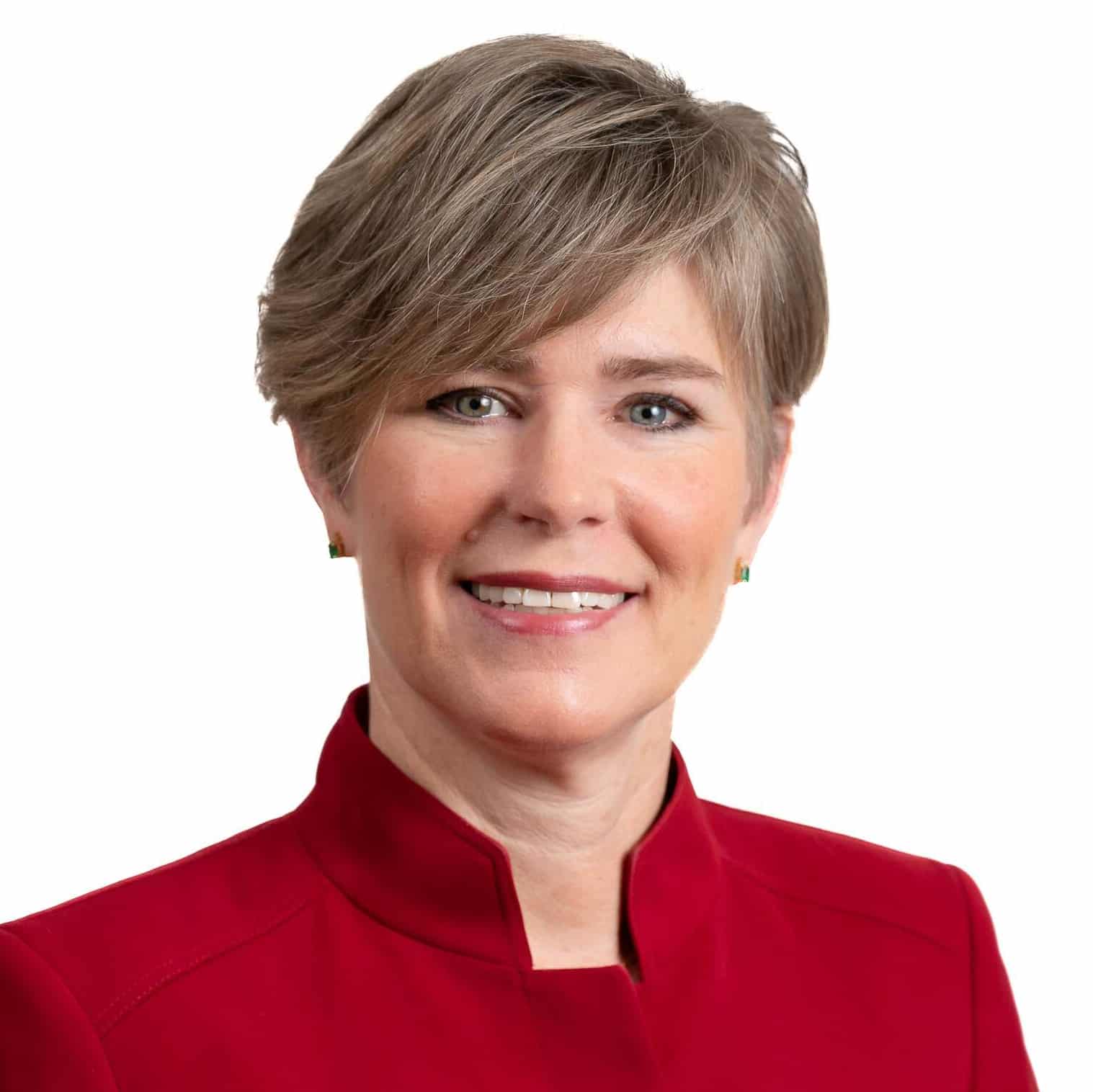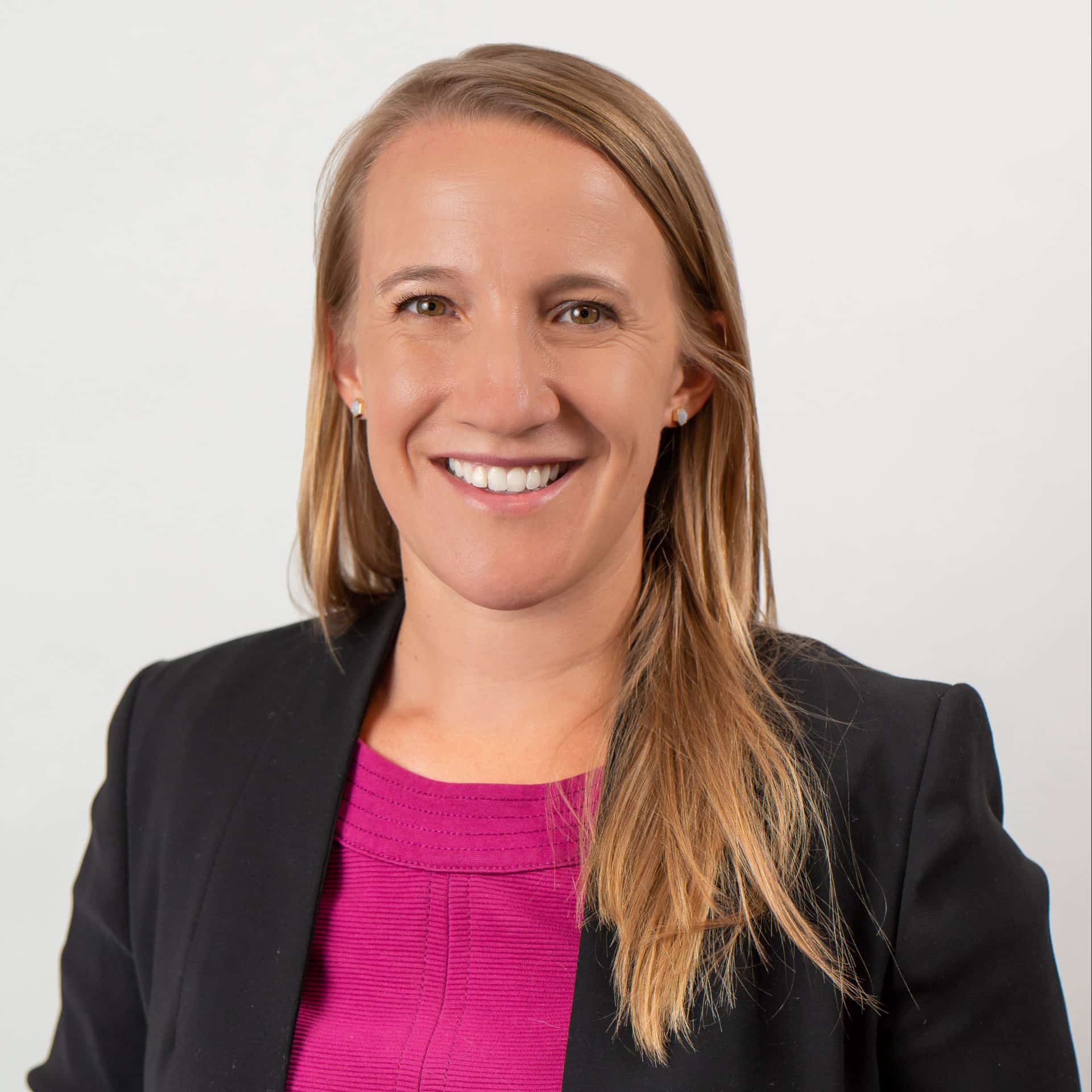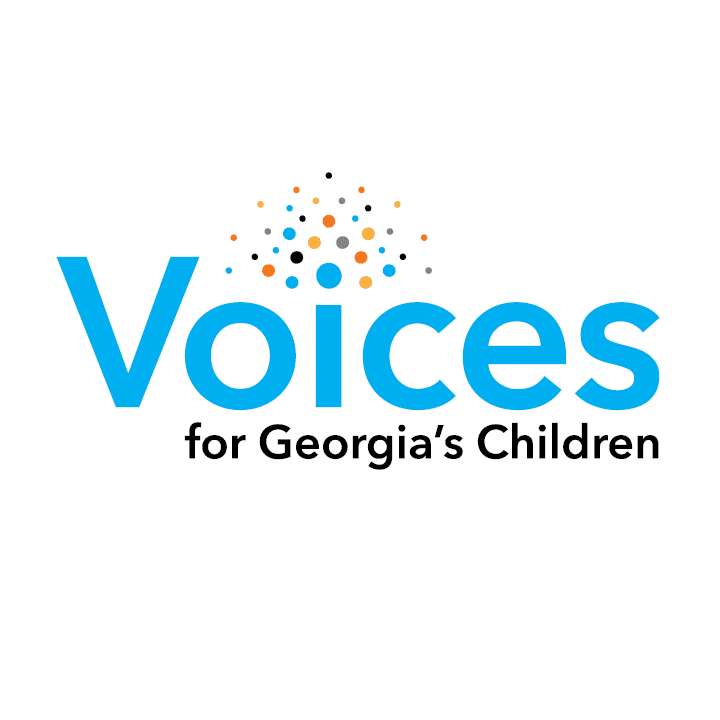“Literacy gives children a lens for seeing the world through the word. At Voices for Georgia’s Children, we believe an integrated system of supports is necessary for every child to thrive and learn to read and write. That’s why the four pillars are so important: access, Language Nutrition, positive learning climate, and quality teaching are integral for children’s success—both in and out of school.”
Dr. Caitlin Dooley, Executive Director, Voices for Georgia’s Children


“The Georgia Statewide Afterschool Network is proud to be a partner and supporter of the Campaign and its collective efforts to ensure Georgia’s youth can thrive. Our work at GSAN helps to close the opportunity gap for Georgia’s young people, providing spaces that foster social-emotional development, health and well-being, and academic growth.”
Katie Landes, Director, Georgia Statewide Afterschool Network

Voices for Georgia’s Children aims to look at the needs of the whole child and to support children in all aspects of their development. Their work is strongly aligned with the Campaign’s four-pillar framework that recognizes the developmental needs of children as well as the need to keep them safe, offer support, and help them navigate complex environments or barriers that may arise in their learning experiences.
Voices believes all children have the ability to succeed if they have access to healthy development, quality education, a positive learning climate, and support for social, emotional, or learning challenges. The four-pillar framework highlights the need for an integrated system and reinforcing objectives that start with children and meet them where they are.
Voices promotes Language Nutrition through support of policies that foster broad access to early childhood education and development, which is one of the important ways they can promote early brain development. They are part of the Department of Public Health’s Braintrust for Babies Advisory Council that’s dedicated to ensuring
Voices for Georgia’s Children envisions a state where each and every child thrives. The organization advances laws, policies, and actions that improve children’s lives by looking at the needs of the whole child and supporting all aspects of development. Voices provides information on evidence-based approaches and analysis to state policymakers.
Voices is strongly aligned with the Campaign’s four-pillar framework. Voices believes all children can succeed if they have access to health care and social services, rich language environments, quality education, a positive learning climate, and support for social and emotional development. The four-pillar framework highlights the need for an integrated system and reinforcing objectives that start with children and meet them where they are.
Voices has taken an active role in policy discussions regarding positive learning climates by offering evidence-based solutions for school-based behavioral health, discipline, and funding to support widespread use of multi-tiered systems of support and Positive Behavioral Interventions and Supports in Georgia schools as strategies for ensuring that all children benefit from positive learning climates.
Voices also plays an active role in promoting quality out-of-school-time programming through the Georgia Statewide Afterschool Network (GSAN). GSAN increases access to an important source of supplementary education and helps prevent summer learning loss. They disseminate statewide quality standards for out-of-school-time programs that reduce summer learning loss and behavioral challenges. They also seek to influence federal policies in areas such as child nutrition and education that significantly impact the resources available for Georgia’s learners.
One of Voices’ signature events is Pre-K Week, an annual opportunity to engage state business and policy leaders in observing Georgia’s pre-K programs in action and to learn firsthand about the benefits of early education.
Voices has helped engage stakeholders in child welfare reform efforts and convenes stakeholders from across the state in discussing potential strategies for increasing the use of school-based health services as a means of increasing access to health care and improving education quality for children in underserved areas. School-based health services have demonstrated a strong positive impact on school attendance, which is a fundamental building block of access to education.
To learn more about Voices, visit their website.
